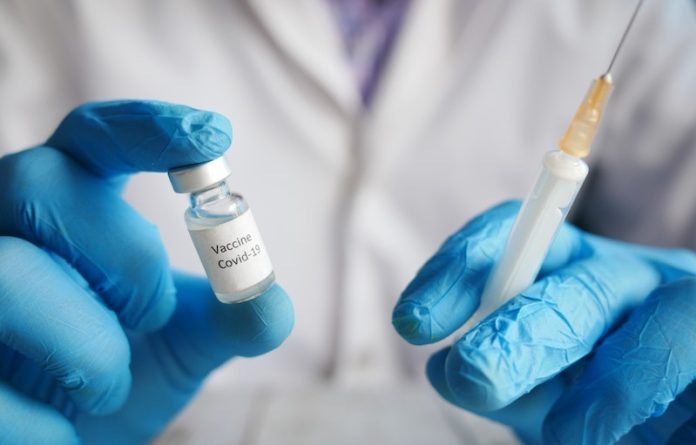
In a study from Mount Sinai, scientists found that vaccination against COVID-19 is linked to fewer heart attacks, strokes, and other heart issues among people who were infected with COVID-19.
It is the first study to examine both full and partial vaccination and the link to major adverse cardiac events (MACE) in the United States, confirming similar analyses performed previously using the Korean COVID-19 registry.
In the study, the researchers used the National COVID Cohort Collaborative (N3C) database, the largest national comprehensive database on COVID-19.
Included in this study were 1,934,294 patients, 217,843 of whom received mRNA vaccine formulations by Pfizer-BioNTech or Moderna or viral vector technology by Johnson & Johnson.
To their surprise, even partial vaccination was linked to a lower risk of adverse cardiovascular events.
The team says they sought to clarify the impact of previous vaccination on heart events among people who develop COVID-19.
They found that, particularly among those with comorbidities, such as previous MACE, type 2 diabetes, high cholesterol, liver disease, and obesity, there is an association with a lower risk of complications.
While they cannot attribute causality, it is supportive evidence that vaccination may have beneficial effects on a variety of post-COVID-19 complications.
Given the magnitude of COVID-19 infection worldwide, the researchers hope their findings could help improve vaccination rates, especially in individuals with coexisting conditions.
Further work will be necessary to elucidate the mechanisms involved from an immunological perspective and clarify the role of SARS-CoV-2 subtypes and reinfections in their relationship to the risk of MACE.
If you care about COVID, please read studies about Vitamin D deficiency linked to severe COVID-19, and zinc could help reduce COVID-19 infection risk.
For more information about heart health, please see recent studies about more coffee linked to heart rhythm disease, and results showing vitamin B6 linked to lower death risk in heart disease.
The study was conducted by Girish N. Nadkarni et al and published in the Journal of the American College of Cardiology.
Copyright © 2023 Knowridge Science Report. All rights reserved.



